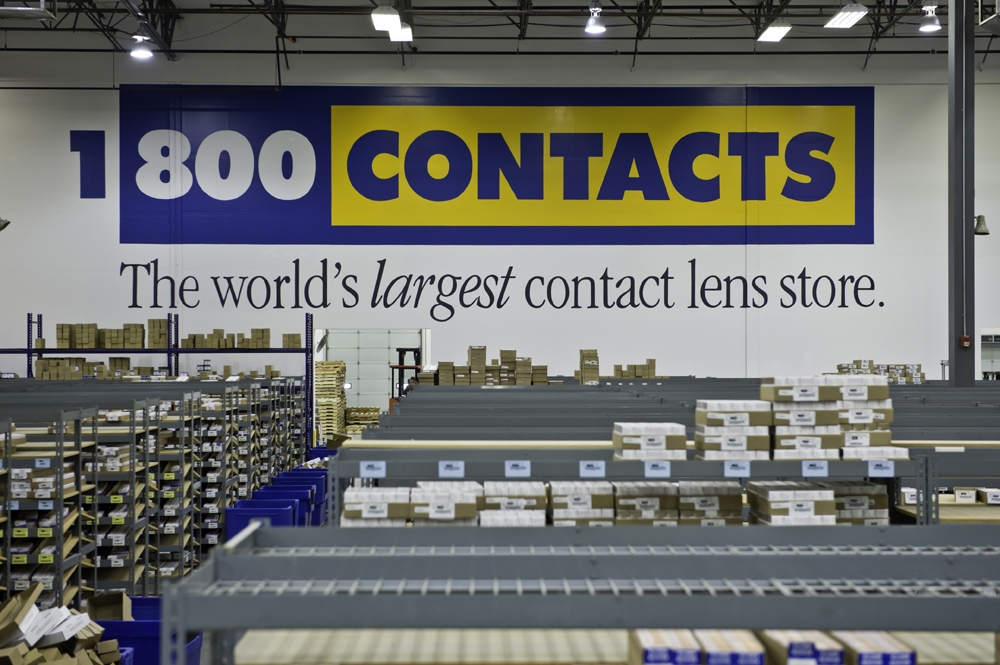1-800 Contacts Appeals Decision Over Search Ads
by
Wendy Davis @wendyndavis, January 3, 2018
Contact lens seller 1-800 Contacts is appealing a finding that it violated antitrust law by preventing rivals from using its name to trigger search ads.
The contact lens company, which filed its appeal to the Federal Trade Commission last month, is asking the agency to vacate a recent finding by Chief Administrative Law Judge D. Michael Chappell. He ruled in October that 1-800 Contacts’ efforts to prevent its trademark from being used by rivals in search ads probably resulted in higher prices for consumers.
The decision stemmed from an FTC complaint against 1-800 Contacts filed last August. The complaint centers on business practices that allegedly began in 2004 — when the company first threatened to sue a competitor for allegedly infringing trademark by purchasing the term 1-800 Contacts as a trigger for pay-per-click search ads. From 2004 through 2013, the company allegedly sued or threatened to sue at least 15 competitors over trademark infringement on search engines.

Fourteen of those companies entered into agreements to restrict the use of the company’s trademarks in search ads. Only Lens.com fought the lawsuit, which
ended in a ruling largely in Lens.com’s favor.
Chappell said in his initial ruling that the agreements resulted in higher prices for some consumers. He also rejected 1-800 Contacts’ argument that the agreements prevented ads that probably would have confused consumers.
1-800 Contacts argues in its appeal that it was entitled to enter into agreements restricting search advertising. “Starting in 2004, 1-800 Contacts, like many companies at the time, claimed that companies that paid search engines to show these ads were violating its trademark rights and taking unfair advantage of its goodwill in violation of federal and state laws,” the contact lens retailer argues. “At the time, the scope of trademark infringement liability for paid search advertising was highly unsettled.”
The company also disputes that the search agreements resulted in higher prices for consumers. “Evidence that 1-800 Contacts sometimes charges more than some other online retailers does not support any inference of supracompetitive pricing,” it argues. “1-800 Contacts’ ability to charge more is entirely consistent with high demand for 1-800 Contacts’ superior service and well-known brand.”
Chappell ordered 1-800 Contacts to stop enforcing the settlement agreements. The company now says that order violates its rights, because it wouldn’t have settled the trademark lawsuits had it known that the FTC would later scrap the settlements.
“If 1-800 Contacts expected this Commission to extinguish its settlement agreements, it would have continued litigating its infringement issues,” the company writes. “But 1-800 Contacts cannot travel back in time to re-litigate its suits if a new order dissolves its settlement agreements. Expired statutes of limitations, dismissals with prejudice, lost evidence, and a host of other practical realities would make such re-litigation difficult, if not impossible.”
If 1-800 Contacts loses this appeal to the FTC, the company can appeal to a federal court. The contact lens seller
also faces a class-action antitrust lawsuit by consumers.
MediaPost.com: Search Marketing Daily
(18)